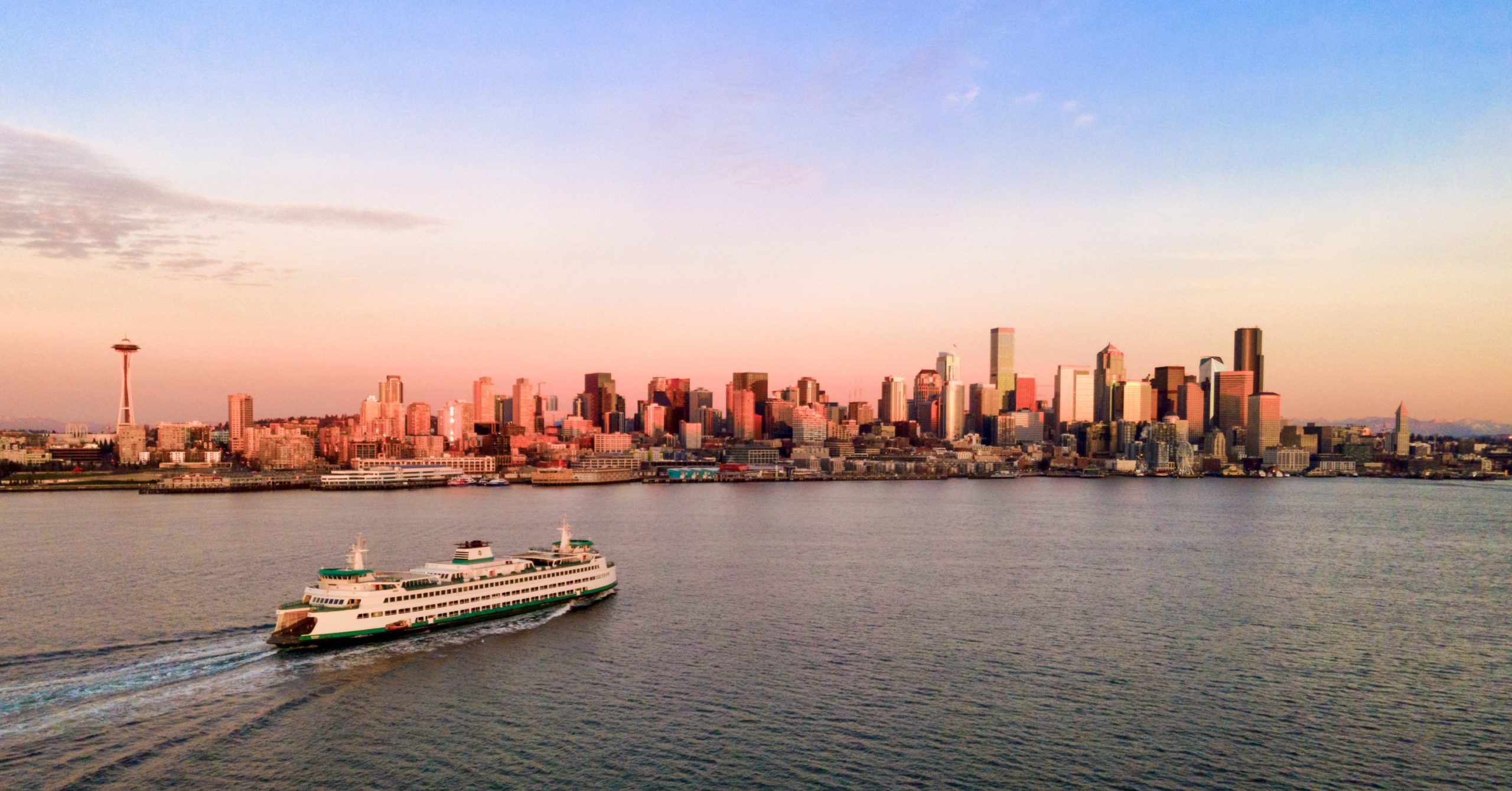
Seattle – Today, the City of Seattle published the Seattle Rescue Plan (SRP) Transparency Portal for residents to track progress as the City spends nearly $300 million in federal pandemic assistance.
View: Seattle Rescue Plan Transparency Portal
“Federal funds provided a critical lifeline to help residents during the pandemic, and in One Seattle we are committed to spending them transparently, responsibly, and equitably,” said Seattle Mayor Bruce Harrell. “Seattle’s most urgent crises deserve action now, and we are using these funds to get back to the basics of good governance as our community continues to reopen and restore services. Residents can use this portal to follow our progress as we iterate and improve programs on our path to a just recovery and permanent improvements.”
Seattle Rescue Plan spending is focused on five priority areas:
- Housing & Homelessness ($103.1M)
- Community Well-being & Reopening Services ($67.9M)
- Supporting City Workers & Services ($67.6M)
- Community & Small Business Recovery ($51.2M)
- Community Safety & Mental Health ($7.1M)
“The Seattle Rescue Plan is a set of transformational investments for our city at a time of great uncertainty, and this portal shows the impact it is already making in our community,” said Seattle City Budget Office Director Julie Dingley. “We are reaching the people with the highest need with improvements and support that will last for years to come. And we are doing more to track and share data about those impacts publicly than ever before.”
VIEW: Seattle Rescue Plan Transparency Portal
On the SRP Transparency Portal, residents can learn more about the 86 different programs the City is funding with SRP support, the objective of each program, and how much money has been spent so far. Programs range from the tens of thousands to the tens of millions, some are innovative pilots and some are established resources, and some funding is still being spent. There is also a program highlight for each priority area with additional details and visualizations on where funds are going.
Quick Facts
- $300 Million – The City of Seattle has received nearly $300 million in America Rescue Plan Act grants, including Coronavirus State and Local Fiscal Recovery Funds. This does not include federal emergency financial relief in 2020.
- $103 Million – The City of Seattle invested $103 million of SRP funds to address housing and homelessness including building purchases and services for people experiencing homelessness. Some of these investments will be implemented via the King County Regional Homelessness Authority.
- 193 Partners – The City of Seattle has directly partnered with 193 community organizations to connect residents with programs and respond to local community needs.
- 70% BIPOC – The City of Seattle prioritized supporting communities with the highest need, and for programs that tracked demographic data 70% of clients identified as Black, Indigenous, or People of Color, communities that were hit particularly hard by the pandemic.
- 20,000 Kids – The City of Seattle supported families and children who faced major disruptions during school and work closures, including directly supporting childcare providers who serve 20,000 children in addition to funding family activities and events.
The City also completed a 2022 Recovery Plan Performance Report which describes the City’s approach to using its federal pandemic relief funds and additional details for programs in place from August 2021 to July 2022. This is the second report the City has produced for the U.S. Treasury Department, as required by the federal grant. The Transparency Portal covers programs detailed in the 2021 and 2022 reports, as well as some that will be in future reports.
Seattle will continue to move forward from this challenging moment, learning from the pandemic and our response, and coming together around shared values and priorities as we work together to build One Seattle. Whether it is supporting BIPOC businesses and workers who were hit hardest by pandemic driven closures or addressing systemic obstacles to housing and mental health care, this plan is a step towards a just recovery and permanent improvements.